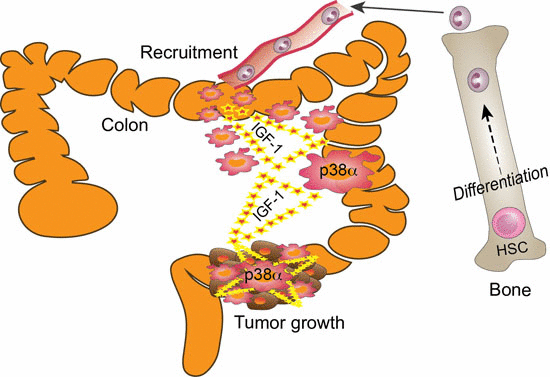Recently, a research report published in the international magazine EMBO Molecular Medicine, scientists from the Barcelona Institute of Biomedical Research discovered a new mechanism that can promote inflammation-related colon cancer, and the mechanism also can help develop new cancer therapies as a new target. More than 1 million people worldwide are diagnosed with colon cancer each year. Although many cases are spontaneous, chronic inflammation is also a major cause…
New Research
Herpes Virus Is One of the Causes of Alzheimer’s Disease!
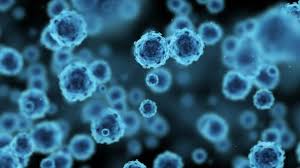
Alzheimer’s disease is one of the most common forms of dementia. More than 30 million people worldwide suffer from Alzheimer’s disease. Unfortunately, there is currently no cure for the disease, only drugs that relieve the symptoms of the patient; in a recently published dissertation, the author (Professor Ruth Itzhaki of the University of Manchester) proposed a new method for the treatment of Alzheimer’s disease. The researchers pointed out that some…
Progress in HIV Research in October 2018 (II)
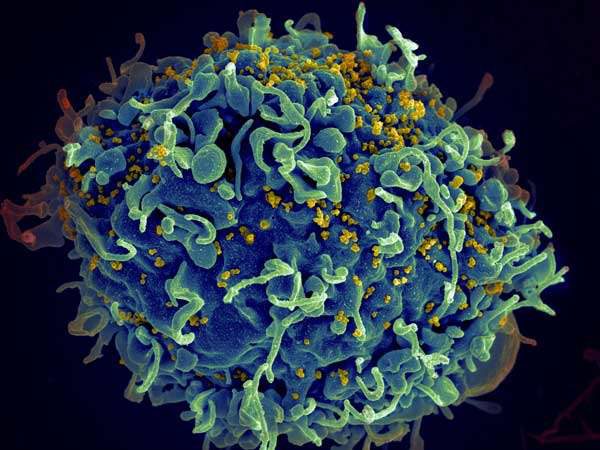
(…Continued) JCI: Infectious HIV is not present in liver macrophages of HIV-infected patients receiving treatment doi:10.1172/JCI121678 In a new study, researchers from Johns Hopkins University and Los Alamos National Laboratory determined whether liver macrophages are infectious HIV-1 virus pools after ART treatment. The real source of the liver tissue samples from nine HIV-1 infected individuals (7 of them were transplanted at Johns Hopkins Hospital). Eight of these nine…
Progress in HIV Research in October 2018 (I)

Human immunodeficiency virus (HIV), an AIDS (AIDS, acquired immunodeficiency syndrome) virus, is a virus that causes defects in the human immune system. In 1983, HIV was first discovered in the United States. It is a lentivirus that infects cells of the human immune system and is a type of retrovirus. By destroying the body’s T lymphocytes, HIV blocks cellular and humoral immune processes, causing the immune system to deficiency, and…
Nature: “Reconstruct” T cells into the Brain and Attack “Escape” Cancer Cells
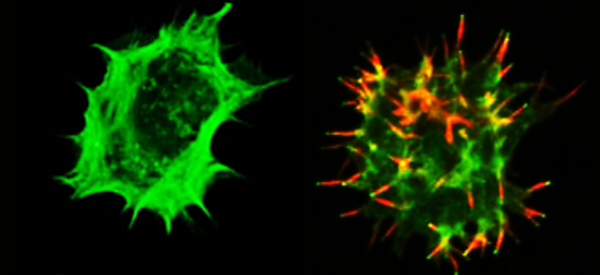
For glioblastoma, immunotherapy faces a particular challenge—the blood-brain barrier blocks T cells from entering the brain to prevent brain inflammation that can be life-threatening. This “protective measure” is beneficial under normal conditions, but it prevents T cells from reaching the glioblastoma, leaving immunotherapy useless. On September 5th, Nature published an article entitled “A homing system targets therapeutic T cells to brain cancer”, which reveals a new solution from a…
PCGF5 Is Required for Neural Differentiation of Embryonic Stem Cells
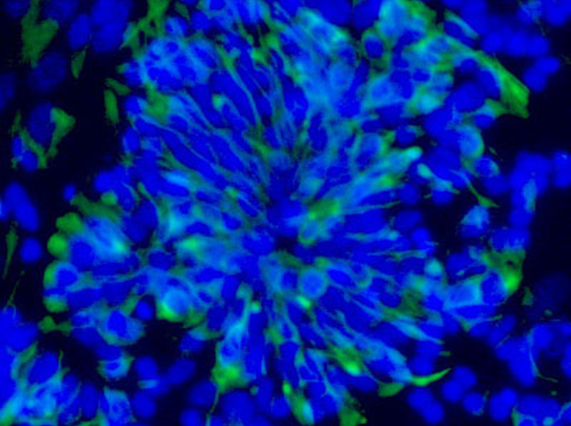
Researcher Yao Hongjie from the Guangzhou Institute of Biomedicine and Health, Chinese Academy of Sciences published a research report entitled “PCGF5 is required for neural differentiation of embryonic stem cells” on Nature Communications. This work reveals the molecular mechanism by which polycomb PCGF5 regulates the differentiation of embryonic stem cells into neural precursor cells. Epigenetic modification plays an important role in maintaining stem cell characteristics and cell fate transformation….
New Mechanism by Which Cancer Cells Inhibit Anti-tumor Immune Responses Revealed
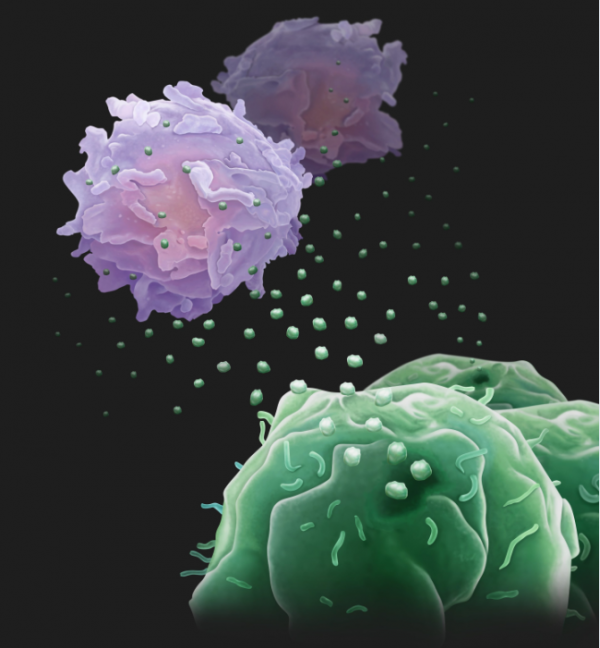
Cancer cells are not just a group of cells that are out of control; for their own survival, they actively participate in the struggle with the immune system. Being able to evade detection by the immune system is a feature of cancer. In a new study, researchers from the University of Pennsylvania found that cancer cells release biological “unmanned aerial vehicles” – small vesicles called exosomes that circulate in the…
Alzheimer’s Disease and Insulin—Is There Any Connection?
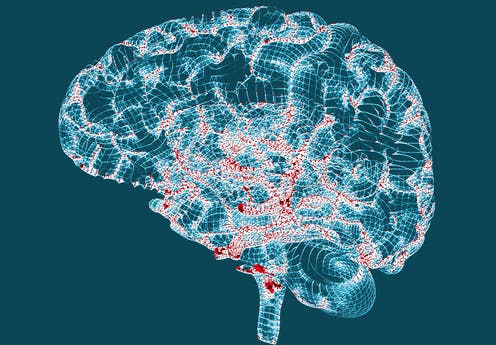
Johnson & Johnson recently announced that the company has stopped a clinical trial of a new Alzheimer’s disease drug due to certain safety issues. This is another failed clinical trial following the announcement of several large clinical trials that have no effect in treating Alzheimer’s disease. More and more failure cases tell us that we need to stop and think about how we could find the cause of Alzheimer’s disease….
Immunity: Why Can’t HIV Be Cured? Scientists Find the Key Mechanism!
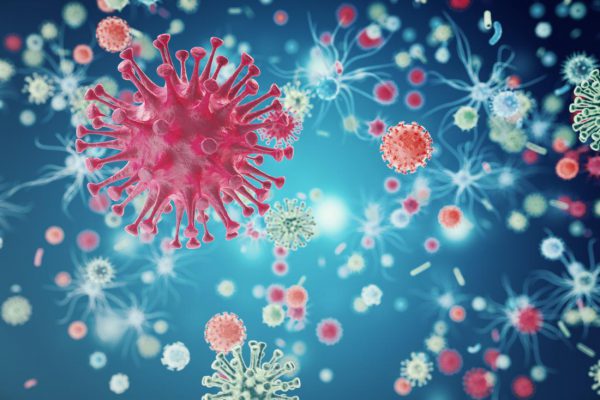
Due to the rapid development of antiretroviral therapy (ART), HIV patients can live longer than before. But even if it is a very effective long-term ART, the HIV virus remains stubbornly incurable, so patients need medication for life. Scientists have been convinced that this is because the HIV virus has created a stubborn virus-infected cell nest that allows HIV to survive indefinitely. A recent study done by researchers at Brigham…
PNAS: A Key Switch in Biological Clocks Found
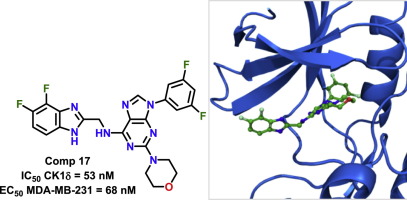
Multipoint phosphorylation of the PERIOD 2 (PER2) protein is a critical step in determining the mammalian clock cycle. Previous studies have suggested that the phosphorylation of PER2 by casein kinase 1 (CK1) requires the initiation of an undiscovered protein kinase. CK1 is an essential circulatory protein that is highly conserved from algae to humans. These phosphorylation processes stabilize the PER2 and delay its degradation to extend the circadian clock cycle….
